Reduce atmospheric CO2 by using bioplastics
TOYOBO CO., LTD.
Outline
TOYOBO expands use of bioplastics made from plant-derived materials and contribute to reducing CO2 in the atmosphere.
In the past in Japan, plastic wastes have been incinerated in the aspect of energy recovery, but CO2 emitted by incineration may have contributed to global warming. Although recycling plastics or reducing plastic wastes can reduce CO2 emissions, this does not directly contribute to reducing CO2 present in the atmosphere.
As a manufacturer of plastic film products, we are actively promoting the shift to plant (which absorb CO2 and grow)-based plastics, thereby contributing to reduce CO2 in the atmosphere. We gradually increase the volume of bio-plastics in our film product shipments by 2030. The goal is to convert all fossil-based plastic film products into bioplastics by the year 2050. By converting all film products into bioplastics, we expect to reduce 45,000 tons of CO2 in the atmosphere.
Description
1. Goals of Challenge
・ TOYOBO has been selling bio-PET films and no issues remained (except material cost compared with fossil-based plastics).
In order to achive that, it is necessary to shift the increased material costs to the sales prices.
5% of all film products containing bio-plastics by the year 2030.
Convert all film products into bioplastics by the year 2050.
2. Challenges to be overcome in order to overcome the challenge
・ Cost reduction of raw materials
・ Understanding of the cost burden on consumers of environmental adaptation
3. Our specific actions
・ Need to offset increase in raw material costs to minimize impact on final product prices
・ We will propose changes in depth and packaging materials to customers in conjunction with quantitative data.
4. Quantitative effects when the challenge is overcome
・ In the literature for PET, it is calculated that CO2 emissions from plant-based materials
is 0.45t-CO2/t. In other words, 0.45 tons of CO2 in the air is immobilized in 1 ton of PET.
・ Although it is currently unknown that which kind of plastics will be convert to plant-based plastic, if supposed that all plastics TOYOBO uses annually (100.000 tons at 2050) are converted to plant-based plastics, we expect to reduce 45,000 tons of CO2 in the atmosphere.
Supplementary information
Other Innovation Challenges
Development and practical application of CO2 separation membrane and system that have both high performance and practicality
TOYOBO CO., LTD.
Fuel conversion of boiler and private power generation equipment
TOYOBO CO., LTD.
Recycling of PET bottles~the reduction of CO2 emission by shortening processing of PET bottles
TOYOBO CO., LTD.
The develop of a forward osmosis membrane (FO membrane) for osmotic pressure power generation using high salt concentration geothermal water
TOYOBO CO., LTD.
The develop of high performance carbon materials for the dissemination of secondary battery which is essential for utilization of renewable energy
TOYOBO CO., LTD.
The development of higher seawater concentration by the new hollow RO membrane
TOYOBO CO., LTD.
The recycle of PET bottles ~The reduction of CO2 emission by replacing recycled yean,which was made from PET bottles
TOYOBO CO., LTD.
Similar Innovation Challenges
Achieving net zero carbon emissions from paint finishing processes
Taikisha Ltd.
Activities for reducing GHG of business operations in Nissin Electric Group
Nissin Electric Co., Ltd.



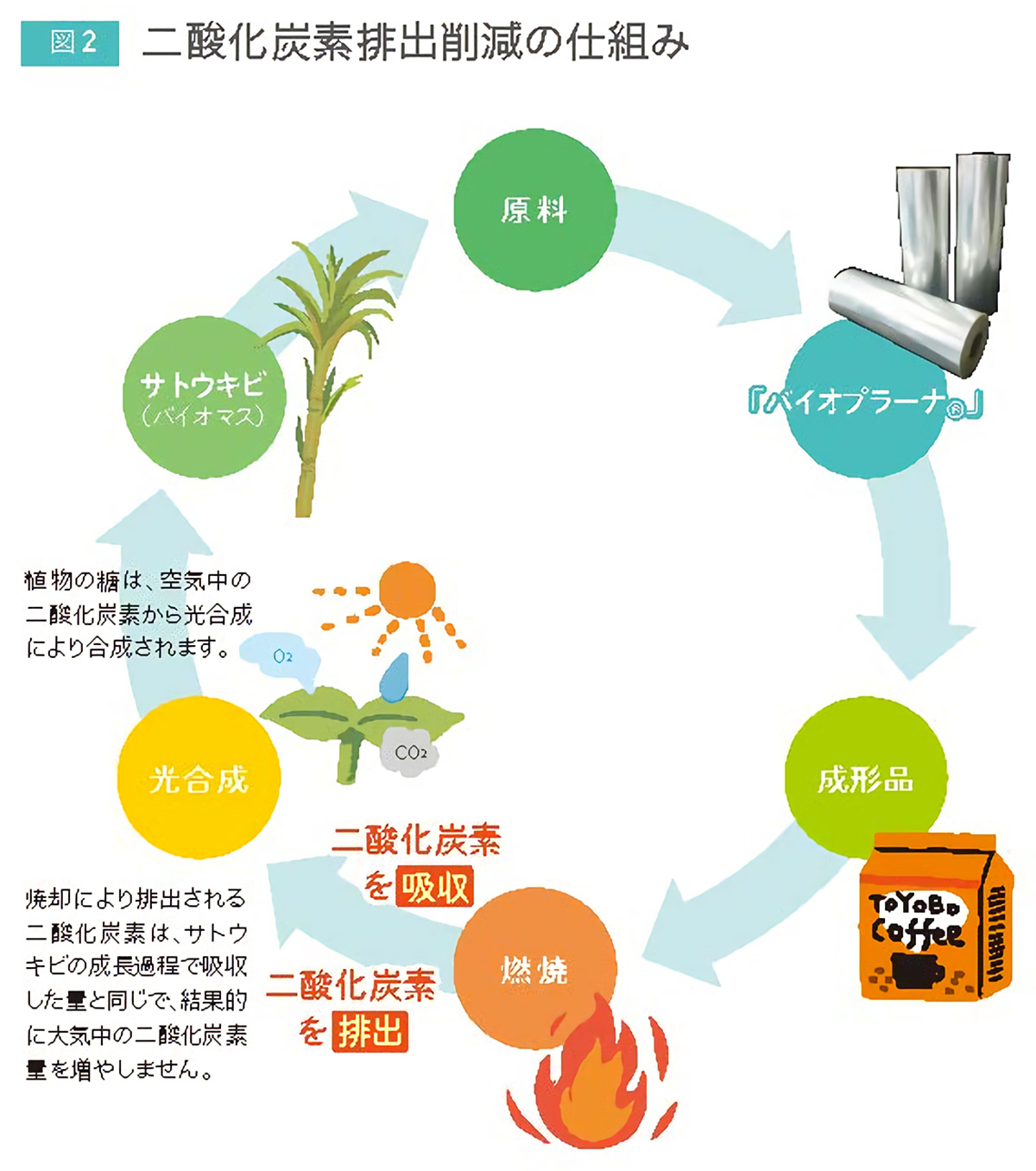
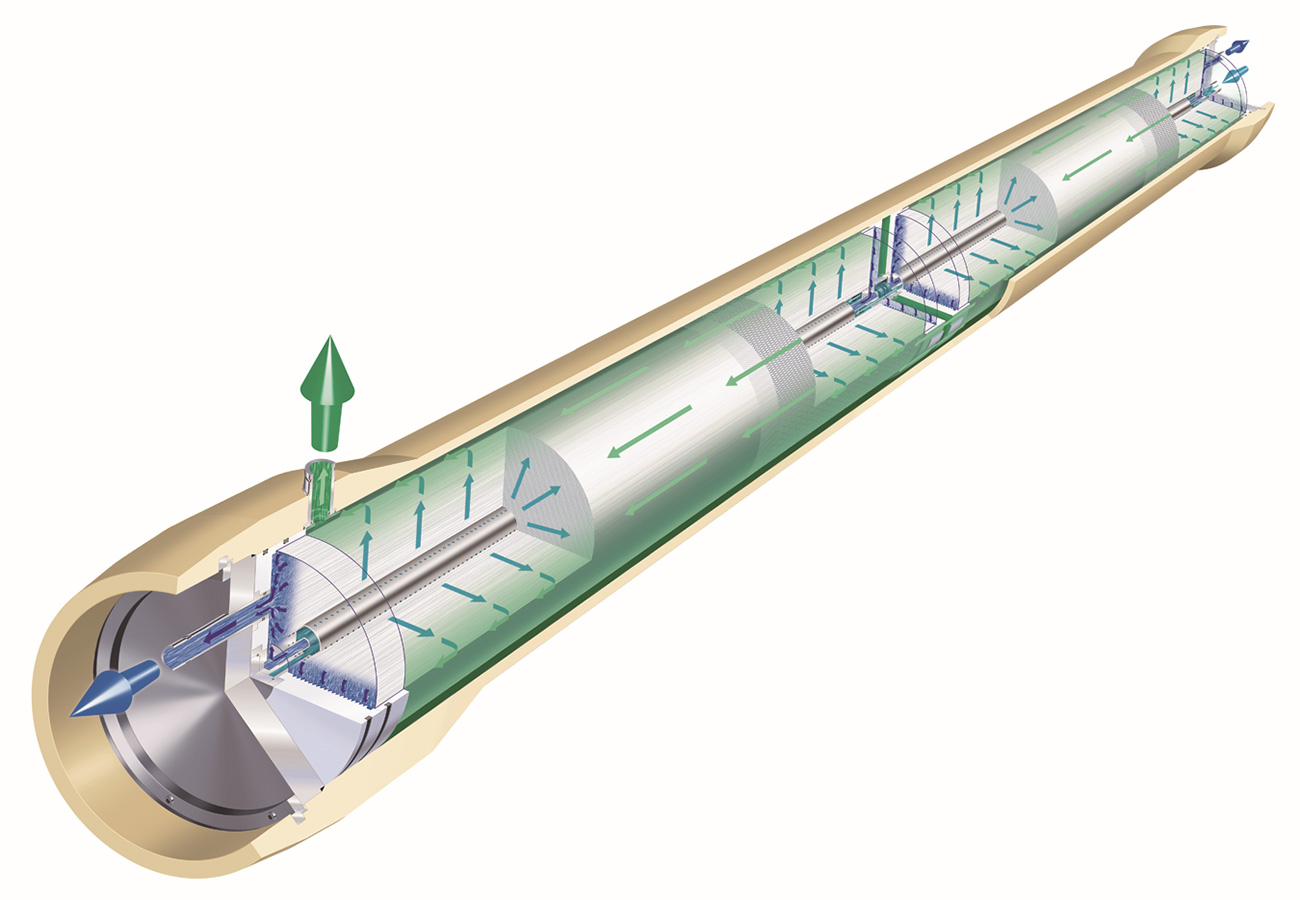

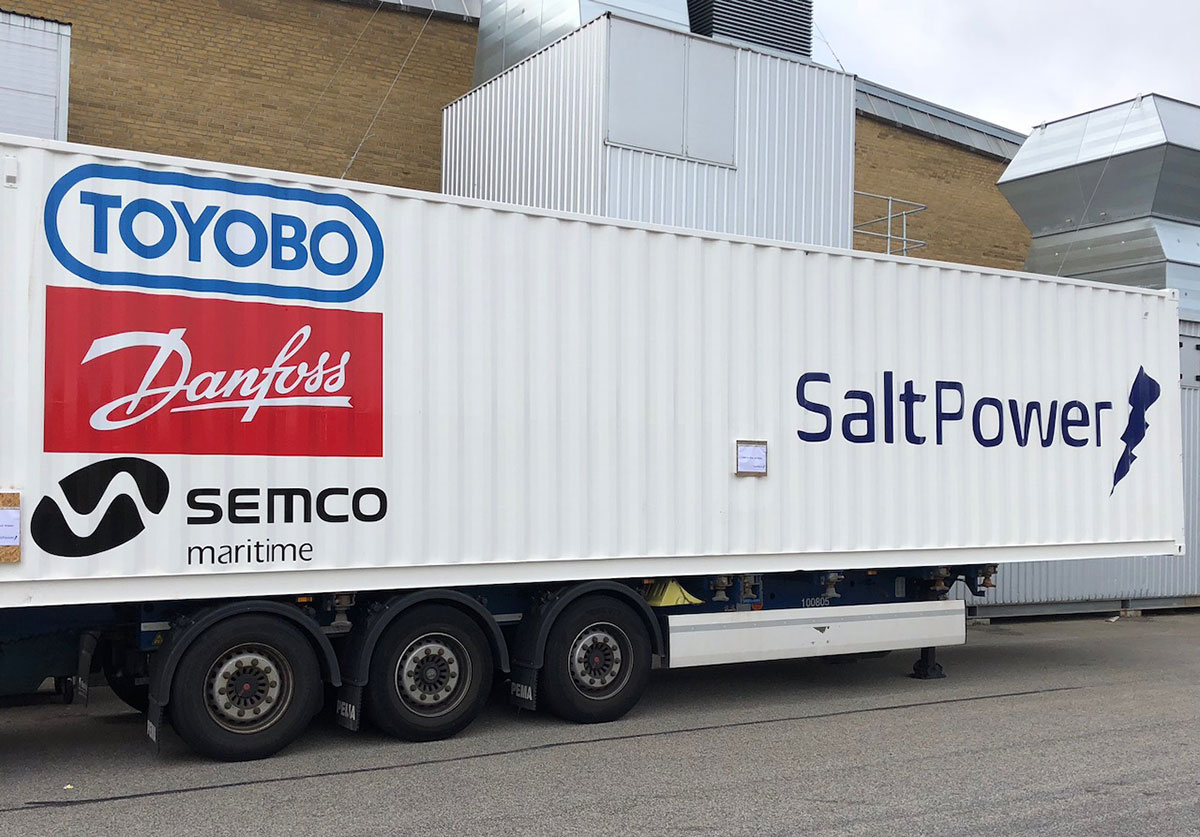
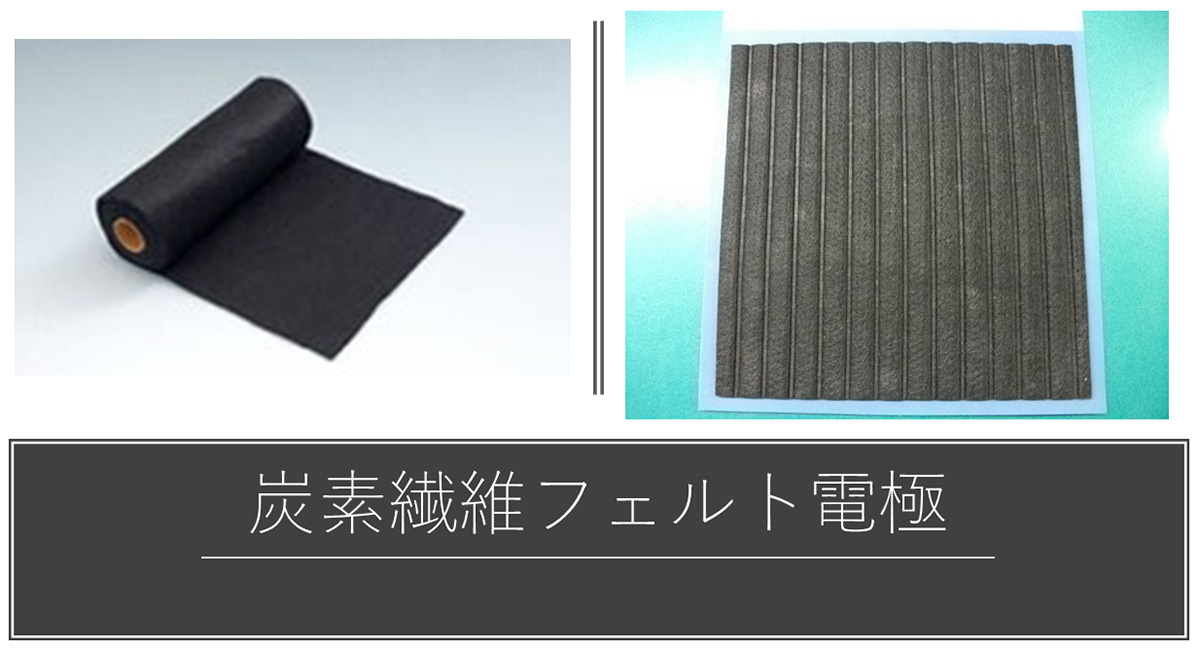
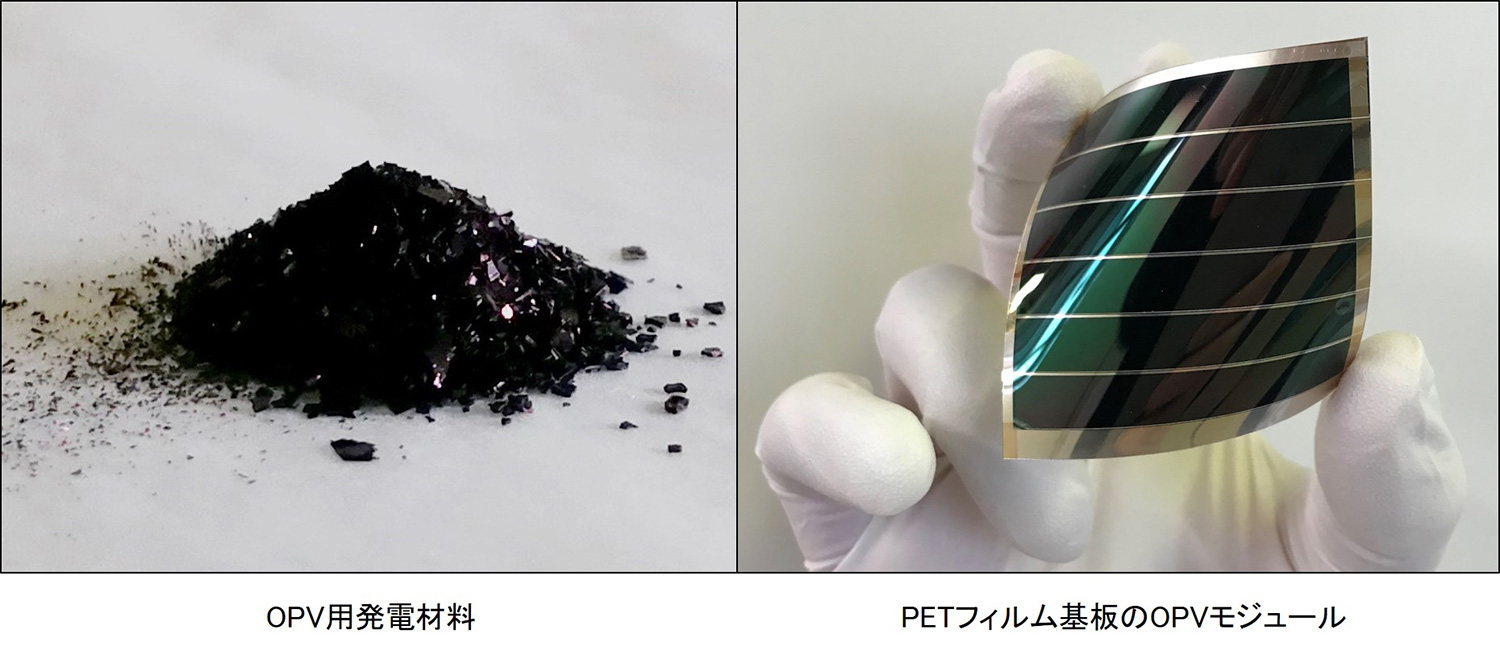
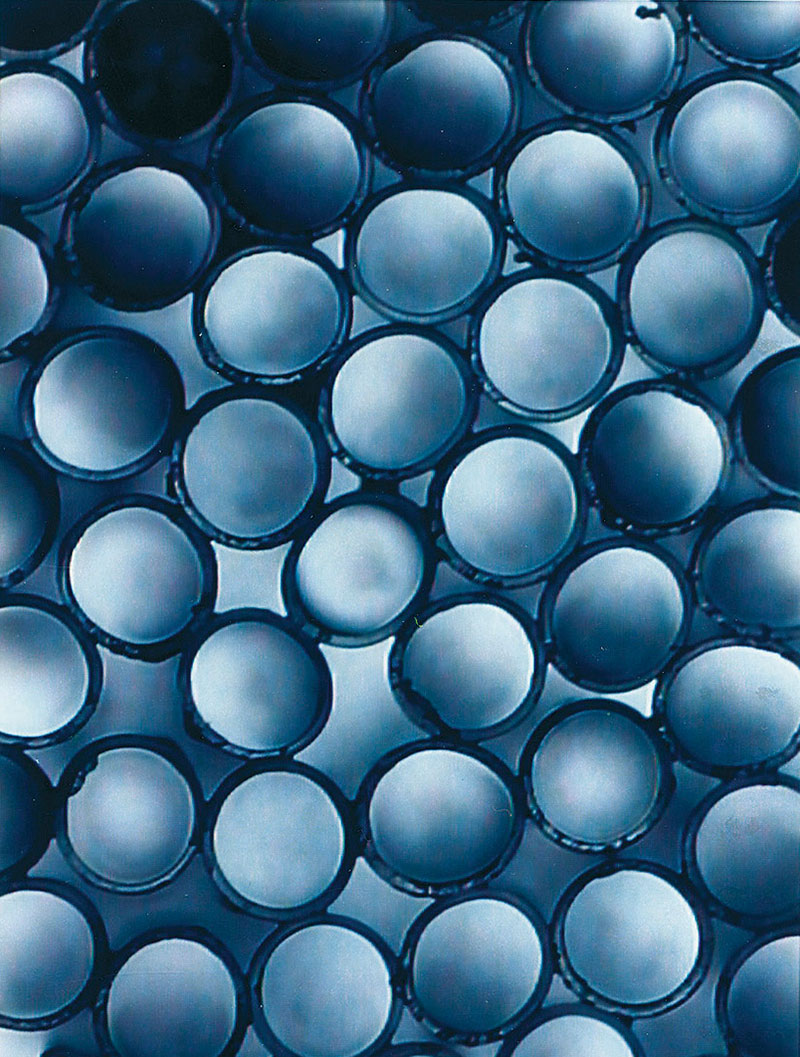
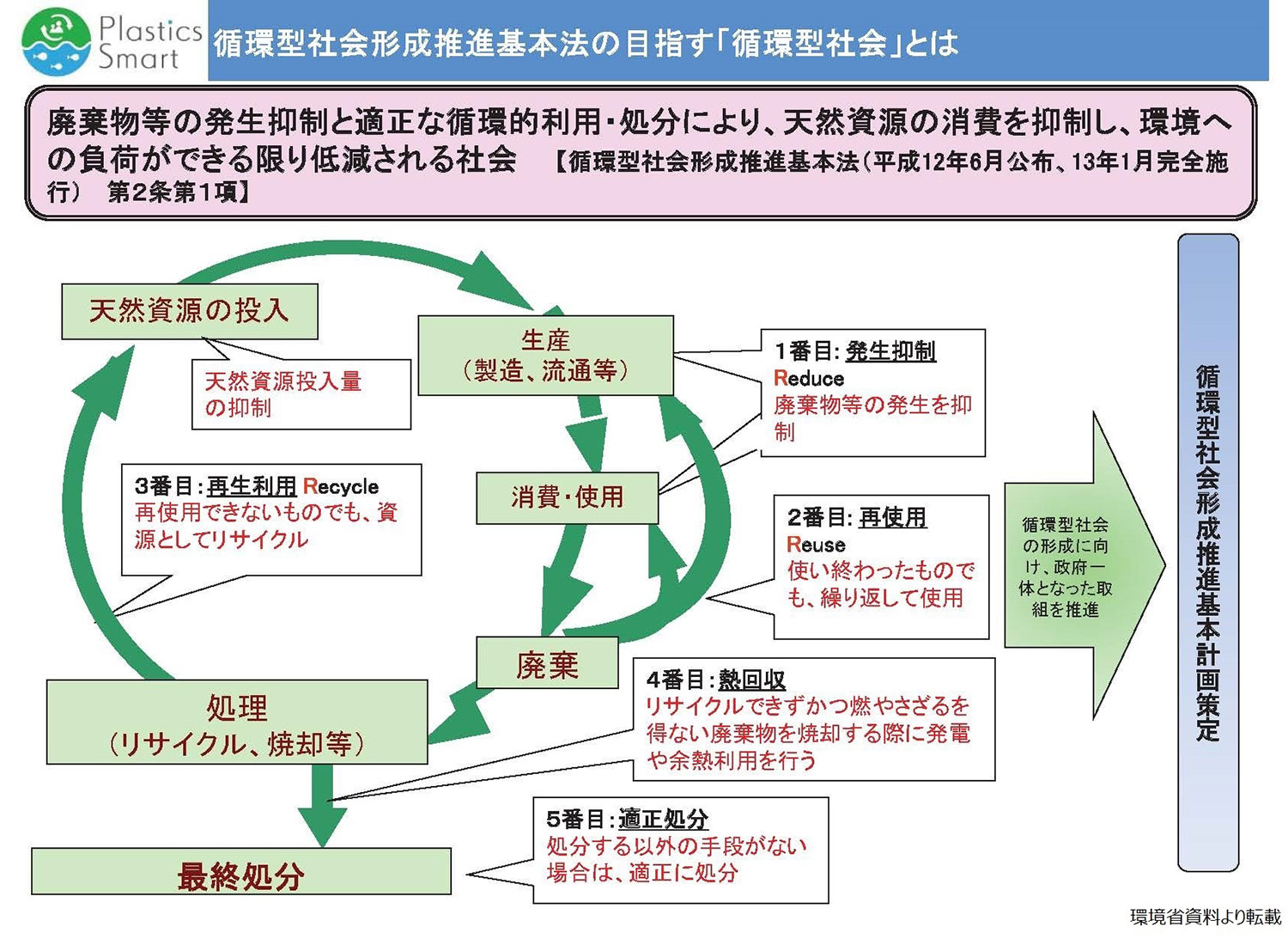
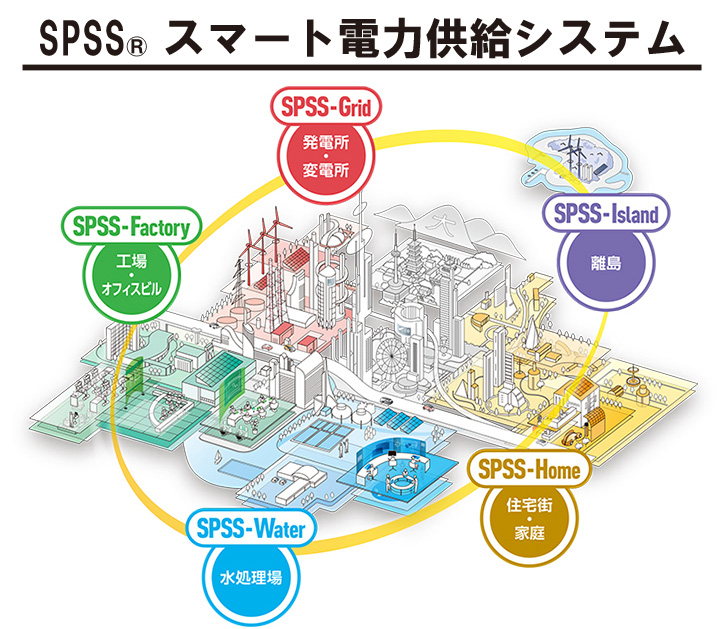
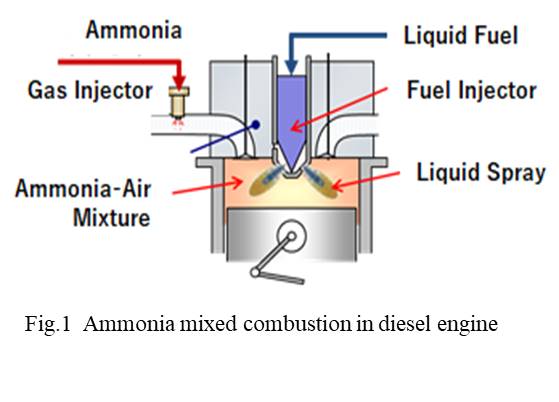
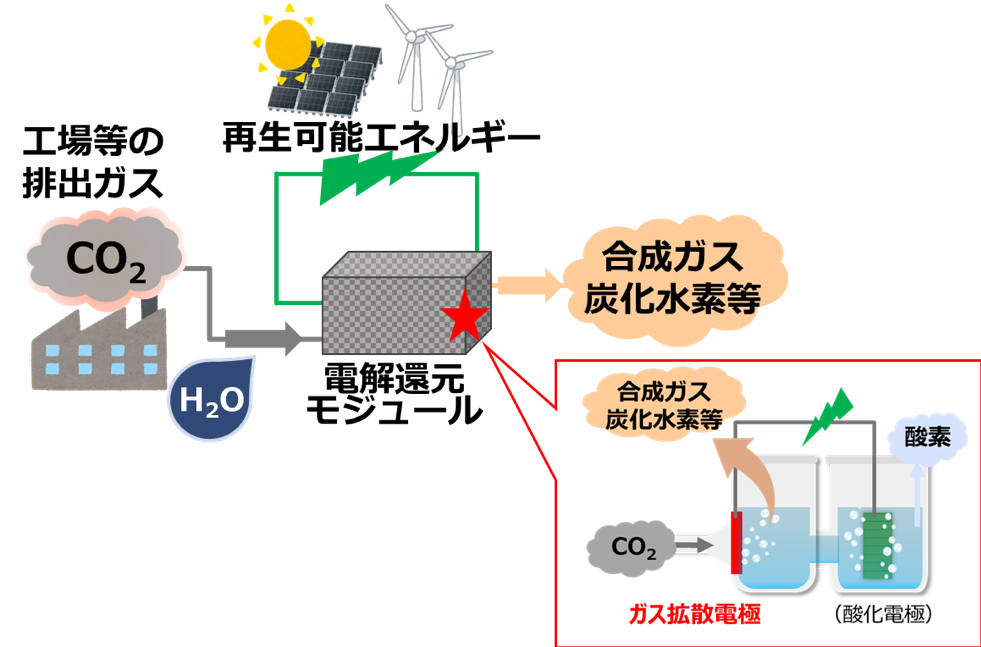
-1人工光合成技術.jpg?id=2&tid=759&imageNumber=1)